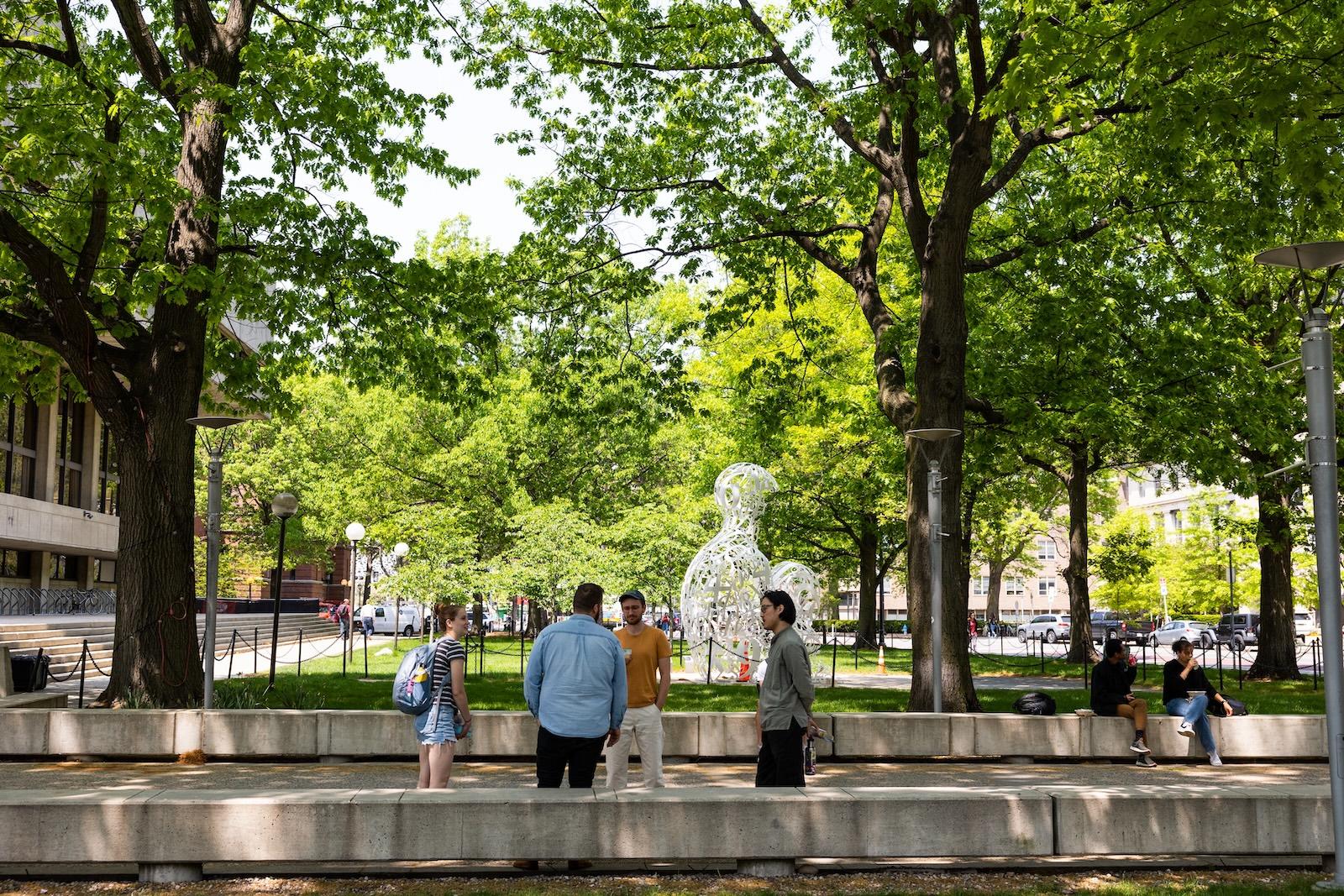MIT’s values and sense of community are defined by how we treat each other and the culture, climate, and relationships that result from our interactions. Sometimes our interactions can become challenging. Dialogue practices help people navigate a range of interactions—from maintaining a productive and friendly culture, to resolving interpersonal disagreements, and managing political and social crises. Active listening, empathy, validation, de-escalation, and collective accountability are powerful tools for creating and sustaining community.
MIT offers numerous programs to help community members learn and practice effective dialogue techniques. A few are highlighted below.
- Addir Fellows Interfaith Dialogues: MIT students who meet weekly to ask questions and explore ideas that build friendships and connections. The dialogues aim to build bridges between people with different beliefs, traditions, practices, and cultures.
- Civil Discourse in the Classroom and Beyond: A project that provides space for the open exchange of ideas and teaches students how to have productive good-faith conversations with others with whom they disagree.
- Dialogue@MIT: In partnership with the Sustained Dialogue Institute, MIT students learn dialogue skills and build relationships with their peers through reflection and sharing personal experiences.
- RealTalk@MIT: A project developed at the MIT Center for Constructive Communication to create opportunities for listening across groups and to foster a collective sense of shared understanding across experiences, differences, and divides.
